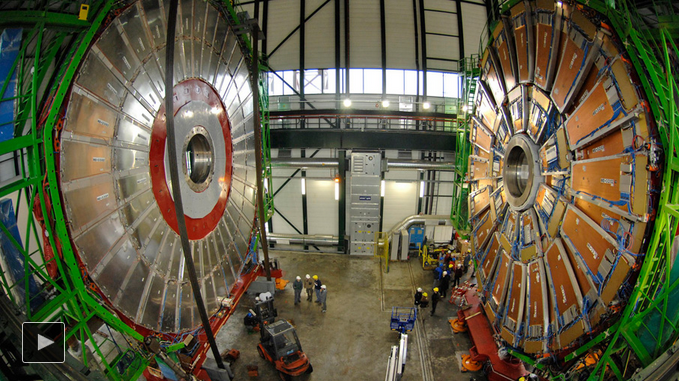We’re almost to spring break, and it’s a four day week!
This week in physics: We will continue our exploration of electric circuits with an open-note quiz over Electric Circuits Podcast 2 – Resistance and Ohm’s Law on Monday, so be sure to take good notes on it.** Following the quiz we will debrief the podcast and then work together on assignment 1 in class on Monday and Tuesday. On Wednesday we will take a quiz over the learning goals associated with podcasts 1 & 2 and assignment 1. Then we will do another virtual lab in which we’ll use a pHET sim to analyze the properties of a special kind of circuit. We’ll name it when we know it, so enjoy the mystery! Podcasts 3 & 4 may be due on Thursday (with open-notes quiz) depending on our rate of progress.
** Chorale students: Obviously you may not have Internet access this weekend. Please watch the podcast for TUESDAY when you will have a make-up podcast quiz.
This week in astronomy: For Monday you should take notes on Moon Podcast 2 – Lunar Phases and their Appearances and Moon Podcast 3 – The Phases and their Timings because we will have an open-notes quiz over these podcasts at the start of class on Monday. We will complete our unit on the moon by taking a pretty big quiz on the phases (alignments, appearances, and visibility times) on Tuesday. On Monday and Tuesday we will also explore the lunar geography and theories on the formation of the moon to prepare us for a test on Wednesday. On Thursday we have shortened periods due to the spirit assembly and talent show, so we will do some fun enrichment activities. Alright! After break, our lives will take a darker turn when we begin our study of eclipses.
Cool Science of the Week: It’s about time that we talk about the biggest news in modern physics: the discovery of the Higgs Boson. If the universe is as we think it to be in our “Standard Model,” there must be a particle called the Higgs Boson. However, there was a problem with the Standard Model: No one could find the particle…until this past summer. Here’s a nice video that helps explain the discovery, which marked a pivotal moment in the history of physics and will likely result in the Nobel Prize for the CERN team that made the discovery.

